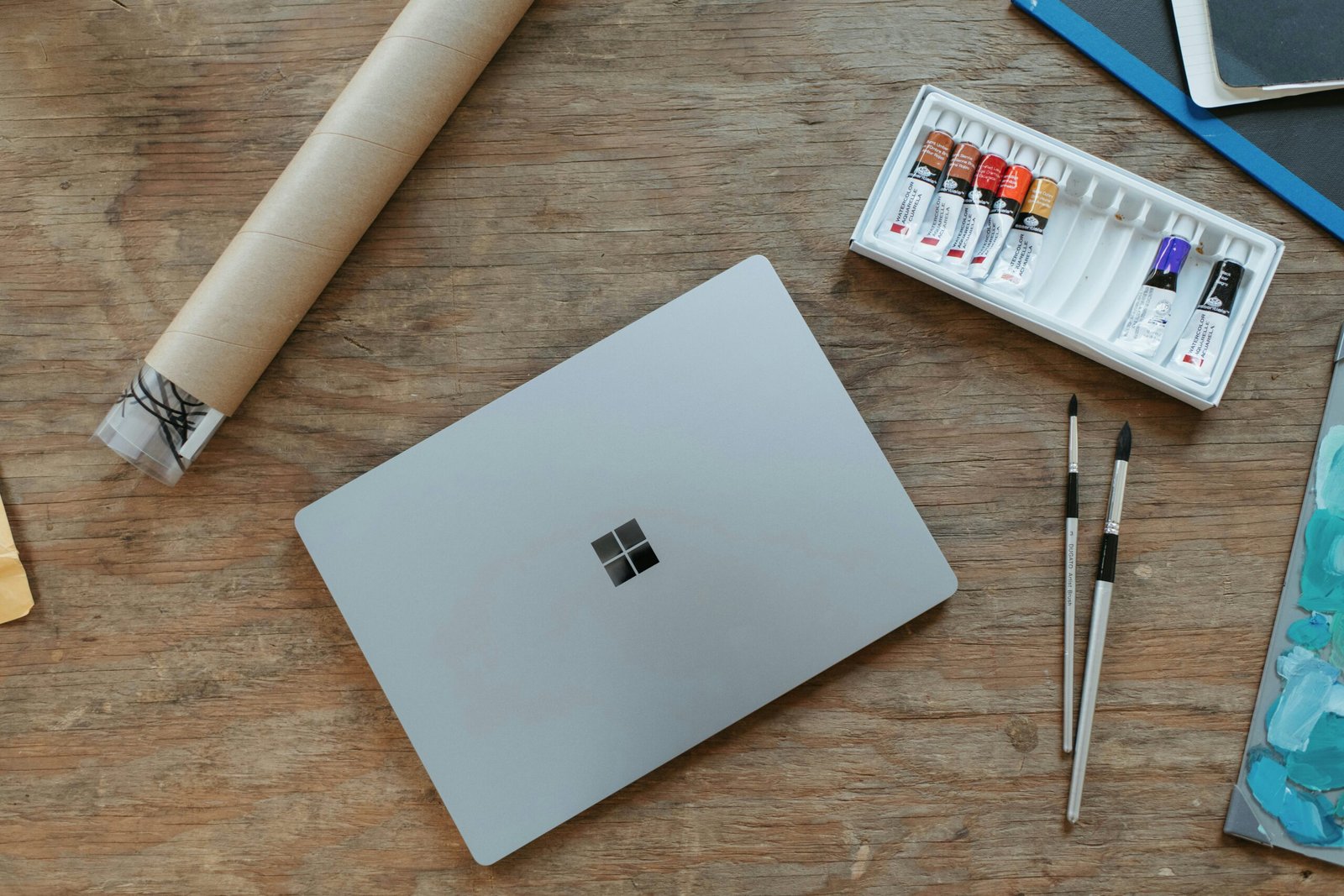The Rise of Artificial Intelligence in Creative Fields
Artificial intelligence (AI) has rapidly advanced in recent years, making its mark in various sectors, including creative fields such as music, visual arts, and literature. AI algorithms can now generate realistic paintings, compose music, and even write stories. This technological progress has sparked a heated debate among artists, raising questions about the impact of AI on creativity and originality.
The Concerns of Artists
One of the primary concerns among artists is the potential threat to their livelihoods. As AI becomes more capable of producing creative works, there is a fear that human artists may be replaced by machines. This raises questions about the future role of artists and whether their unique perspectives and emotions can be replicated by AI.
Another concern revolves around copyright and ownership. If AI algorithms can generate artistic works, who should be credited as the creator? Should the AI itself be recognized as the artist, or should credit be given to the human programmer who developed the algorithm? These questions challenge the traditional notions of authorship and intellectual property.
Ethical considerations also come into play. AI algorithms learn from vast amounts of data, including existing artistic works. This raises concerns about the potential for plagiarism and the erosion of originality. If an AI system is trained on a database of paintings, for example, can the resulting artwork be considered truly original?
The Role of AI in Enhancing Creativity
While there are valid concerns, some argue that AI can actually enhance human creativity. AI algorithms can analyze vast amounts of data and generate novel ideas or combinations that human artists may not have thought of. This can serve as a source of inspiration and a tool for expanding artistic boundaries.
AI can also assist artists in the creative process. For example, AI-powered software can generate music compositions based on specific moods or styles, providing a starting point for human artists to build upon. Similarly, AI algorithms can generate visual concepts or suggest color palettes, helping artists explore new directions.
The Future of Artists in a Digitally Dominated Landscape
As AI continues to advance, it is unlikely that human artists will become obsolete. While AI can replicate certain aspects of creativity, it lacks the human experiences, emotions, and perspectives that shape artistic expression. The unique voice of an artist and their ability to convey meaning through their work cannot be replicated by AI.
Instead, the future may see a collaboration between artists and AI. Human artists can harness the power of AI as a tool, leveraging its capabilities to enhance their own creative processes. This symbiotic relationship can lead to new forms of artistic expression that blend human ingenuity with the computational power of AI.
The Importance of Human Creativity
While AI may be able to mimic certain artistic styles or generate works that are aesthetically pleasing, it lacks the depth and emotional resonance that human creativity brings. Art has always been a reflection of the human experience, a way to explore and express our thoughts, emotions, and values. This fundamental aspect of art cannot be replicated by AI.
Ultimately, the impact of AI on creativity and originality will depend on how it is embraced and integrated into the artistic process. Artists can choose to view AI as a threat or as a tool for innovation. By actively participating in the development and implementation of AI technologies, artists can shape the future of creativity and ensure that human expression remains at the forefront.
Conclusion
The rapid acceleration of artificial intelligence in creative fields has sparked a debate among artists about the impact of AI on creativity and originality. While concerns over copyright, ethics, and the future role of artists are valid, AI also has the potential to enhance human creativity and push artistic boundaries. The future may see a collaboration between artists and AI, with human expression and creativity remaining at the core. By actively engaging with AI technologies, artists can shape the future of creativity in a digitally dominated landscape.
































